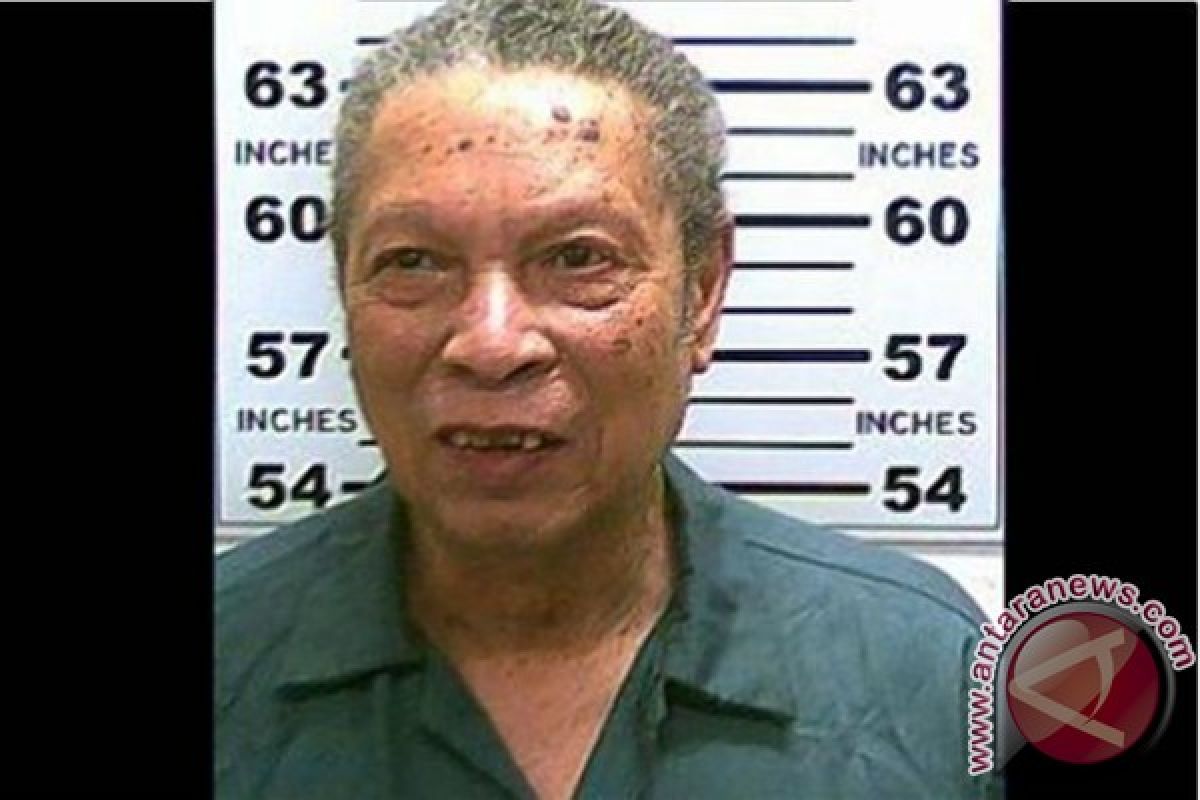Winston Moseley was serving a life sentence for the rape and stabbing death of Genovese and a series of other sexual and violent crimes, including some committed while he briefly escaped prison four years after his first incarceration.
He died on March 28 at the maximum-security prison in Dannemora, New York, state Department of Corrections and Community Supervision spokesman Thomas Mailey said in an email. The cause of death had not yet been determined.
Genovese had finished her shift as a sports bar manager about 3 a.m. on March 13, 1964, when Moseley, who did not know her, followed her back to her home in the New York City borough of Queens, Reuters reported.
He stabbed Genovese in the back twice before a neighbor called out from an apartment window: "Leave that girl alone" and frightened him away.
Genovese collapsed near an entrance to her building, where Moseley returned 10 minutes later. He stabbed her again, and then raped and robbed her. A neighbor came to Genoveses help in the final moments before she died.
Initial reports of the incident said Genovese repeatedly cried out for help during her attack while dozens of neighbors ignored her pleas. Those reports were later disputed.
The New York Times wrote on Monday that its story headlined: "37 Who Saw Murder Didnt Call the Police," published two weeks after the crime, "grossly exaggerated" the number of witnesses and their reported indifference.
But the murder came to symbolize the "bystander effect," a psychological concept that the presence of others discourages an individual from intervening in an attack or other emergency.
The case inspired numerous psychology studies as well as books, television shows and songs.
Moseley was denied parole for an 18th time in November.
(Reporting by Curtis Skinner in San Francisco; Editing by Peter Cooney)
Editor: Priyambodo RH
Copyright © ANTARA 2016












